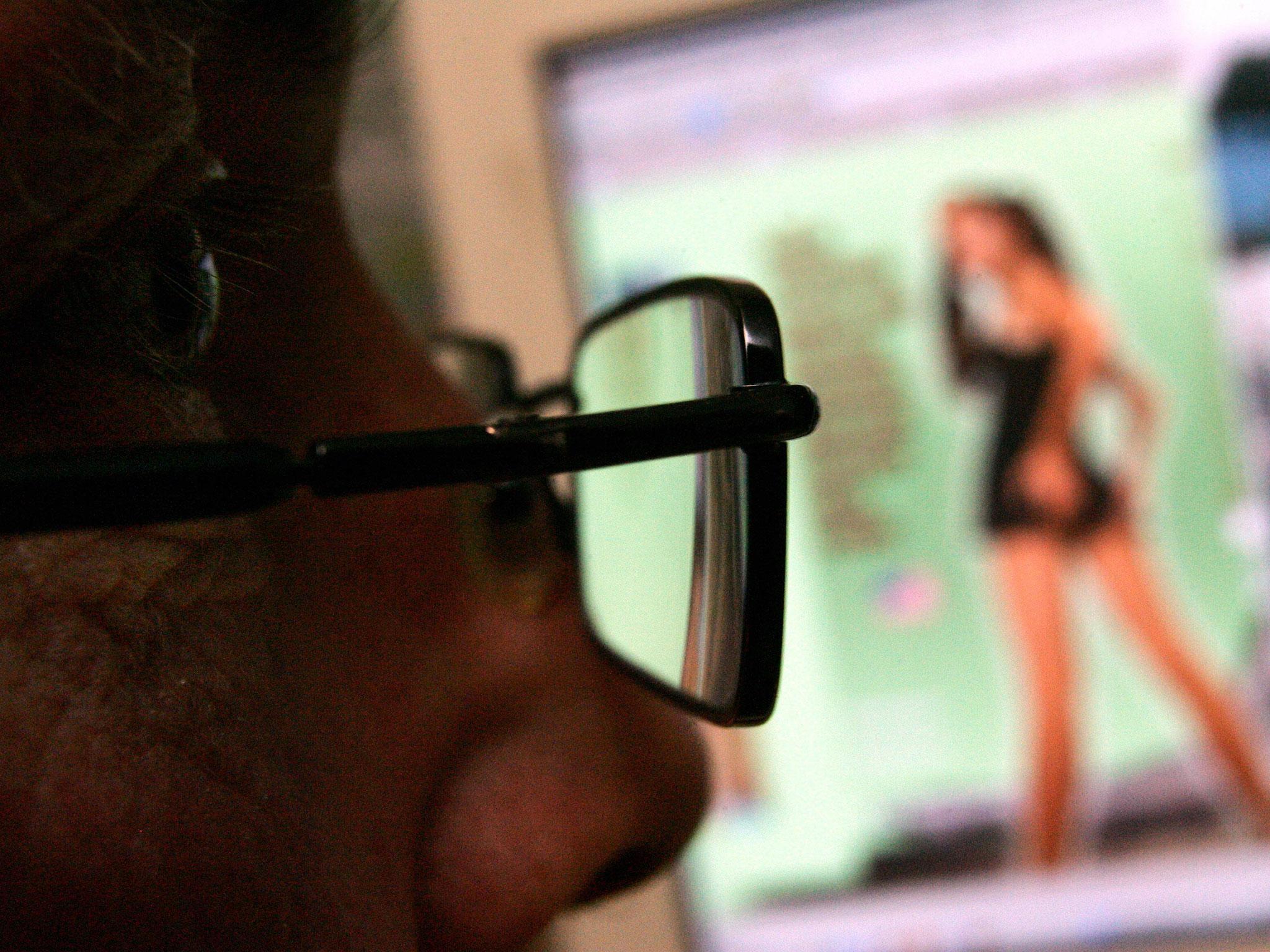Porn websites in the UK will be banned from showing a huge range of sex acts under proposed new law
Criticism of the bill has mostly focused on sections that would require adult websites to check its users are actually over 18, as this could involve compiling a database of people’s viewing habits

Your support helps us to tell the story
From reproductive rights to climate change to Big Tech, The Independent is on the ground when the story is developing. Whether it's investigating the financials of Elon Musk's pro-Trump PAC or producing our latest documentary, 'The A Word', which shines a light on the American women fighting for reproductive rights, we know how important it is to parse out the facts from the messaging.
At such a critical moment in US history, we need reporters on the ground. Your donation allows us to keep sending journalists to speak to both sides of the story.
The Independent is trusted by Americans across the entire political spectrum. And unlike many other quality news outlets, we choose not to lock Americans out of our reporting and analysis with paywalls. We believe quality journalism should be available to everyone, paid for by those who can afford it.
Your support makes all the difference.A new bill will if successful ban huge swaths of sex acts from UK porn.
The Digital Economy Bill looks to ban anything that wouldn’t be allowed on a commercially available DVD. That seems to limit adult content in a number of ways, banning things including female ejaculation and the sight of menstrual blood from all pornographic videos.
While there are no strict guidelines as to what acts and images can’t be shown on commercial DVDs, adult film producers have found that they have had to cut almost all kinds of non-conventional videos from their films.
Such restrictions include the “four-finger rule”, for instance, which limits the number of digits that can be placed into any orifice while on video.
The British Board of Film Classification’s (BBFC) guidelines give a non-exhaustive list of all of the things that will not be accepted in R18 – the regulators’ highest restriction and the one that all porn shown to users in the UK must now satisfy.
They include rules about “penetration by any object associated with violence”, for instance. They also ban any sexual act deemed “obscene” under the Obscene Publications Act, which was passed in 1959.
Adult-film producers and activists have complained that such restrictions place huge limits on the kinds of sexual activity that can be displayed and so constitute a form of censorship.
If porn sites show any videos that were more extreme to UK users then they would be breaking the law, according to the proposed Bill. It wouldn’t ban those websites from hosting the material, but they must not ever be shown to anyone in Britain.
The Digital Economy Bill as so far been almost entirely criticised for its age verification clauses, which require any porn website to check whether its users are over 18. That’s likely to lead to a database of viewing habits being held by companies or by the Government, which experts have warned could easily be hacked and exposed.
But the provision banning any video that wouldn’t pass through the British film regulators’ tests could lead to even more videos becoming unavailable in the UK.
As part of the BBFC’s agreement to regulate the new age restrictions, it will also check through sites and see whether they are hosting videos that the BBFC would refuse to classify. If they are, then they could be shut down under the terms of the bill.
A representative confirmed to the Guardian that the BBFC would be checking through videos and applying the same standards to online pornography that it would offline. Just as with problems with age verification, if the BBFC finds a site it objects to then it will send a “notification of non-compliance” meant to force the site to stop.
A Department for Media, Culture and Sport spokesperson said: "The BBFC is not being asked to police the Internet. The focus of this legislation is to protect children with the same safeguards online as as they have offline.
"The BBFC is already working positively with adult pornography sites to ensure the protections in this bill will achieve this objective."
Join our commenting forum
Join thought-provoking conversations, follow other Independent readers and see their replies
Comments